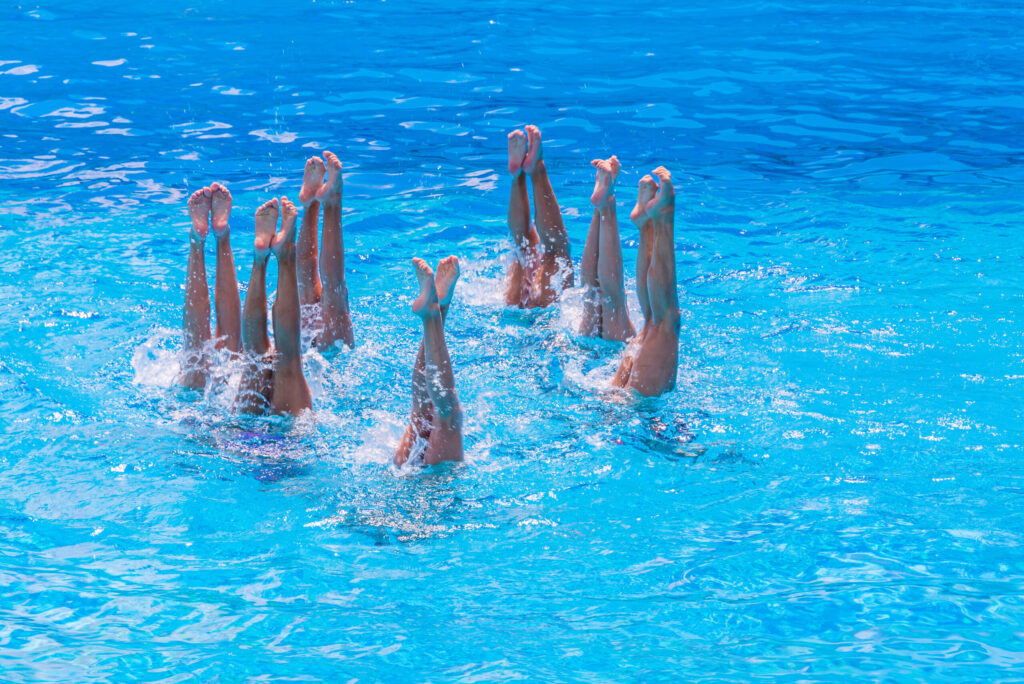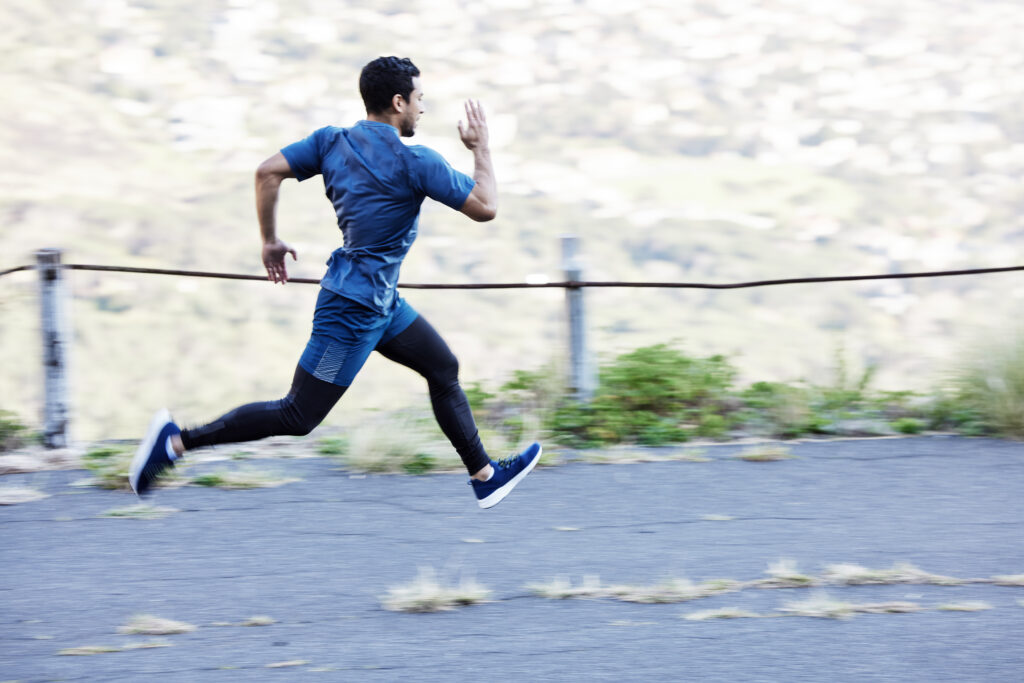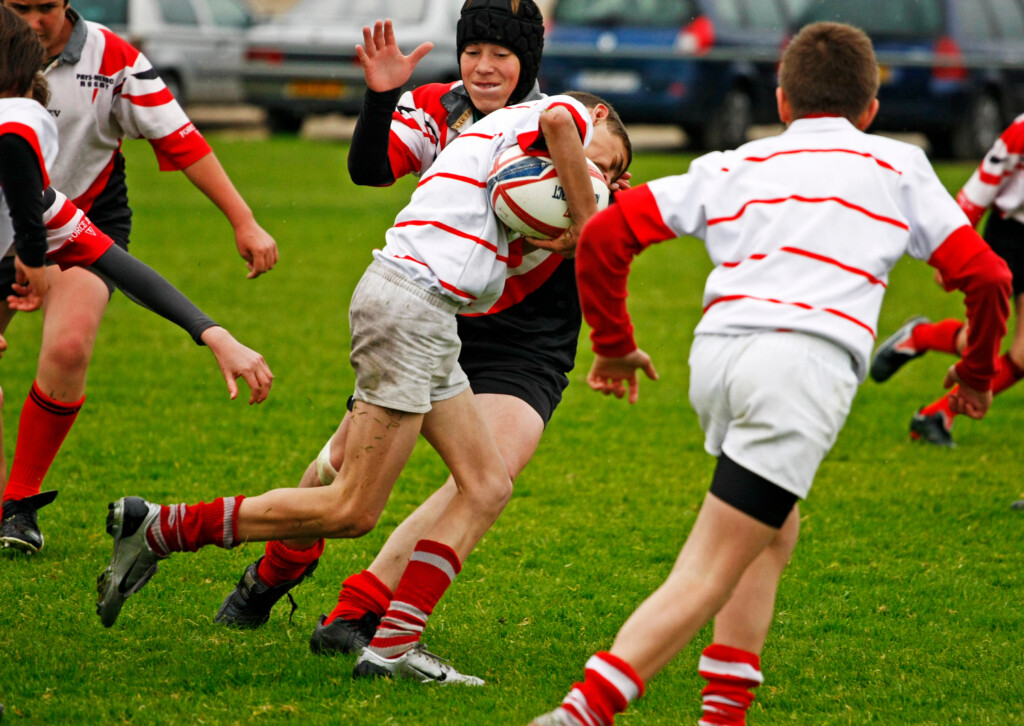Perfectionism in high performance athletes

Many high-performance athletes scrutinize their own performances and often aim for perfection. A recent study delved into how perfectionistic athletes view success and failure in sports. Through interviews and season-long diaries, researchers found that an athlete’s ability to deal with failure depended on the type of perfectionism they exhibited.
Keto diets for elite endurance athletes

Ketogenic diets are gaining attention in elite endurance sports for their ability to boost fat burning, potentially transforming performance. However, concerns linger about their impact on glycogen use and high-intensity exercise, with mixed results among athletes.
How coaches can increase athlete enjoyment and commitment

How a coach interacts with athletes can be significant predictor of athletes’ enjoyment and intentions to stay in sport. A study of 202 elite-level artistic swimmers from 22 countries showed that athletes under the guidance of democratic-style coaches reported elevated levels of athletic enjoyment and expressed greater intent to pursue their athletic careers. This finding…
Sleep quality and sport performance

Elite athletes and coaches view sleep as essential for optimal performance and recovery, but sleep quality is often compromised by various factors. Sleep quality can affect athletic performance and recovery, with the impact varying based on sport type and individual needs.
Benefits of pre-exercise stretching

Regular stretching is common among athletes as an injury prevention and warm up method. A recent study finds that regularly stretching before exercising and sticking to a routine can lower the chances of muscular or tendon injuries, especially in sports like running. Additionally, regular stretching may even improve balance and lower the risk of falling.
Music for weightlifting

Training and lifting at gyms are a common part of athlete development, with many athletes listening to music for motivation. A study found that although preferred warm-up music does increase the volume of lifts and motivation, it does not speed up or change how the lifts feel.
Running towards Longevity: Insights from sub-four-minute milers

In the mid-20th century, breaking the four-minute mile was considered an insurmountable feat. Then came Roger Bannister in 1954, who shattered that barrier and changed the landscape of middle-distance running forever. But what if this extraordinary athletic achievement had effects that went beyond the track? This question sparked a study, Outrunning the grim reaper: Longevity…
Sport for mental health support

While sports are known for promoting physical health, their mental health benefits are often overlooked. This study examines ‘Tackling the Blues’, a school program based in the UK that uses sports and activities to address mental health among students. Findings reveal the program positively impacted students’ comprehension of relationships, emotions, and stress, showing its potential…
Mental fatigue and sport performance

Mental fatigue is common among many athletes due to the high cognitive demands of sport. Mental fatigue in athletes has been shown to significantly impair both endurance and technical abilities, such as passing and shooting accuracy.
Impact of circadian rhythms on sports performance

Biological rhythms are becoming a hot topic in sports science. The time of day has been shown to have a significant impact on athletic performance, with athletes often performing best in the late afternoon. This review looks at how our internal clocks affect performance and suggests that training schedules should match each athlete’s natural rhythms.